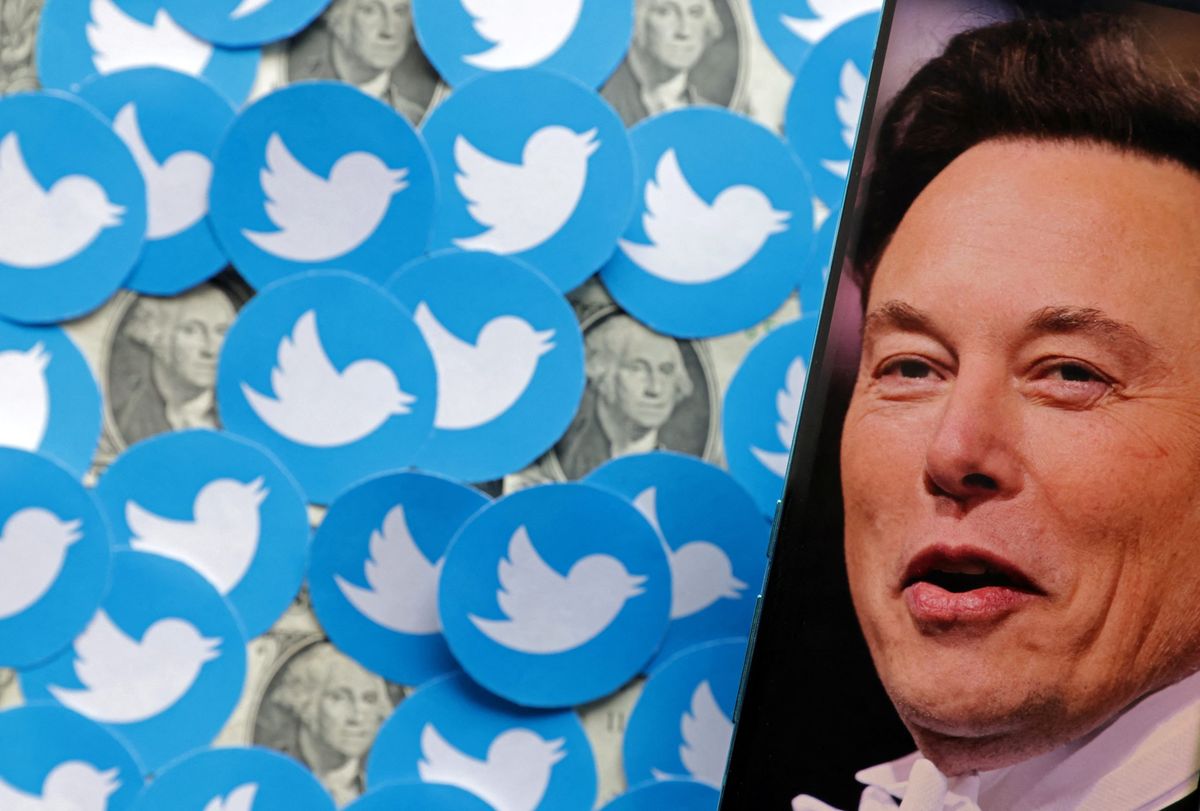Is the Elon-Twitter saga over?

A few minutes every morning is all you need.
Stay up to date on the world's Headlines and Human Stories. It's fun, it's factual, it's fluff-free.
It looks like the feud between Elon Musk and Twitter is finally coming to an end (maybe). If you haven’t been following along for one of the weirdest company acquisitions of the year, then let’s rehash.
Toward the beginning of the year, Musk became interested in Twitter. Privately, he was buying stock (though no one knew about that for a little while), and, publicly, he was questioning whether or not it was doing things right as far as censorship or free speech. Eventually, it came out that he’d bought more than 9% of the company in stocks, and he was invited to join the board, which he eventually said no to because of some fights with Twitter’s CEO, Parag Agrawal.
Then, on April 14, Musk offered to buy out all of Twitter’s stock for US$54.20 per share. Twitter said yes only a few days later, which got stockholders all excited. Except over the next few months, Musk said that Twitter had been dishonest about how many spam bot accounts it hosted, and things started turning sour.
In July, Musk officially tried to pull out of the agreement to buy Twitter, but Twitter said this was a breach of contract and filed a lawsuit to force him to go through with the deal. Musk filed a countersuit against Twitter for allegedly lying about bot accounts. The court date was set for October 17.
Now, Musk has changed his mind – again – and says he’s willing to go through with the original deal, buying out all the shares for the same price. This seems to be a subtle admission that maybe Twitter didn’t lie as much as Musk claimed, or perhaps Musk is just trying to avoid going back to court. So now it’s up to Twitter to re-accept the deal, and Musk will walk away with the social media platform.
Oh, and in case there’s any question, investors in Twitter are loving that he’s coming back because as long as they bought stock under that price, it’s a surefire return on investment.




Comments ()